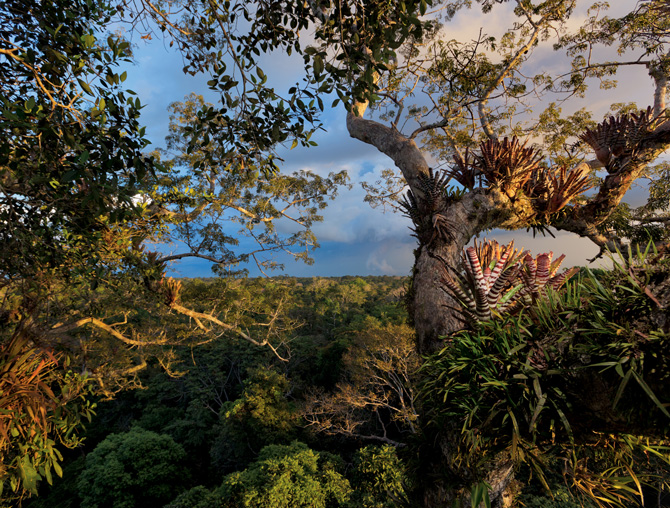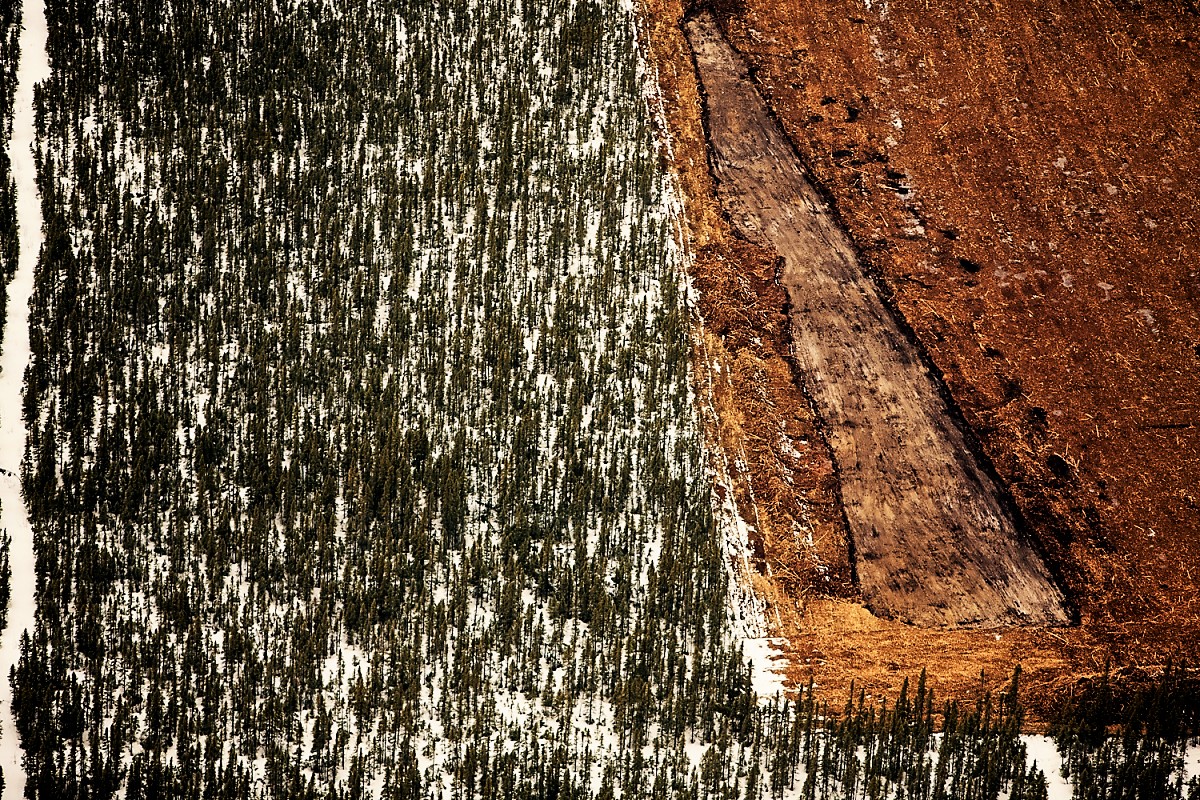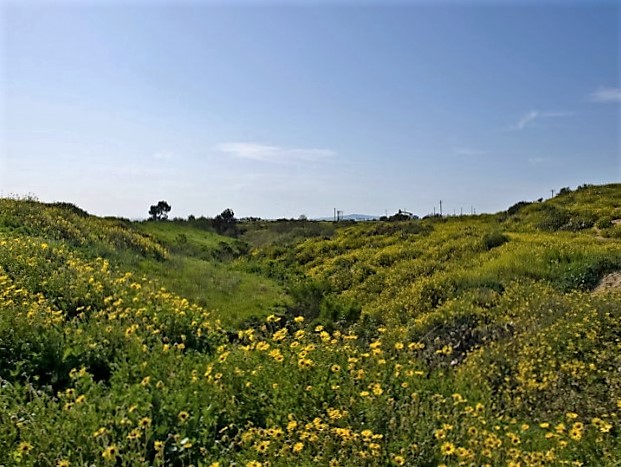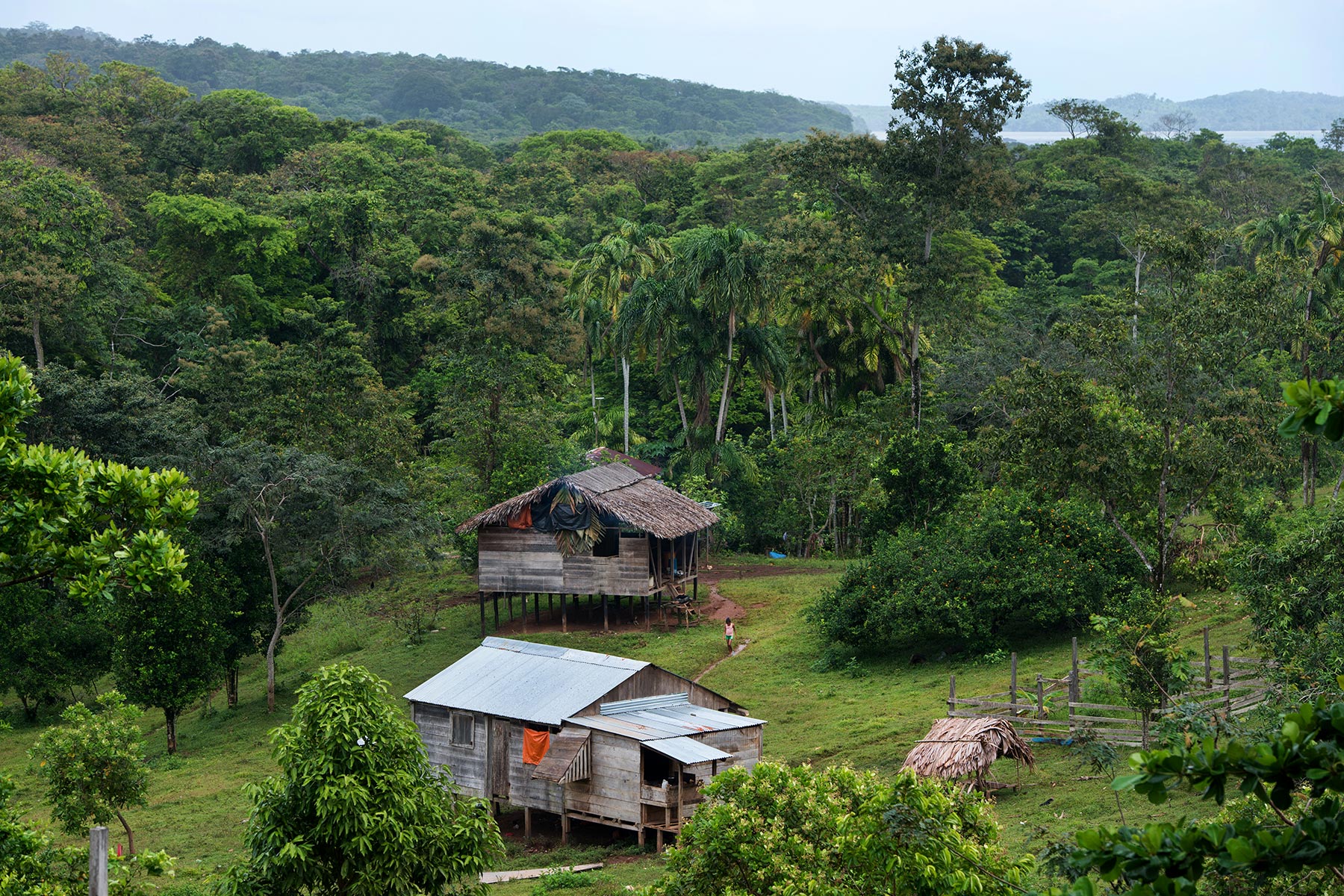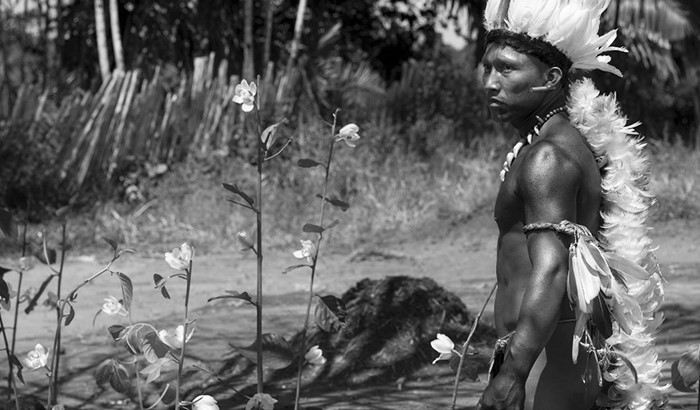Internationally acclaimed Iranian filmmaker Abbas Kiarostami’s “realist parable film-making” expanded the artistic history of world cinema. Called “an icon of change in Iran,” his death this past Monday has challenged critics to find ways to fully describe the distinctive nature of his cinematic mastery.
Author: The Outpost
Ecuadorian Amazon Under Oil Assault to Service Chinese Debt
Ecuadorian state capitalism has sacrificed significant tracts of one of the planet’s most important biosphere reserves, Yasuni National Park in the Amazonian region, to a massive new oil drilling project. It threatens multiple indigenous territories and the area’s biodiversity and ecosystem integrity.
Speaking in Sonic Tongues – dublab’s DJ Nanny Cantaloupe
dublab innovates music, arts and culture with it’s freeform internet radio broadcasts in an age where access to mind-bending creation is both limited and expanded. Premiere sonic explorer, Mitchell Brown <
Geo-Fauvism and Anthropocene: Altered Planet, Wild Literature
Welcome to the Anthropocene age, where humans have transmogrified the planet, its oceans and atmosphere, caused mass extinctions and wholesale contamination that will remain for millennia. Beyond the politicians and scientists, the way forward remains in the hands of writers, artists, and designers taking inspiration from wild earth in a movement called Geo-Fauvism.
Preserve Newport Banning Ranch as Sacred Archaeological Site Genga
Newport Beach’s Banning Ranch, the site of a proposed mega commercial and residential development, is an extraordinary archaeological site. Once the site where an ancient Native American coastal village called Genga, a ritual and trading hub for both the Tongva and Acjachemen Native American Nations, existed for over a thousand years.
Rama People Fear End of Culture from Nicaraguan Interoceanic Canal
The indigenous Rama people of Nicaragua’s Atlantic Coast speak out in a new documentary against an inter-oceanic canal which threatens their ancestral land, language, and traditional culture.
“Embrace of the Serpent” Film: Journey of Healing and Ethnobotany
Ethnobotanist Richard Evans Schultes, one of the most important plant explorers of the 20th century, served as a key inspiration in a recent film called “Embrace of the Serpent.” In December 1941, Schultes entered the Amazon to study how indigenous peoples used plants for medicinal, ritual, and practical purposes. After nearly a decade of fieldwork, he made significant discoveries about the sacred hallucinogen ayahuasca. In total, Schultes would collect more than 24,000 species of plants including some 300 species new to Western science.


